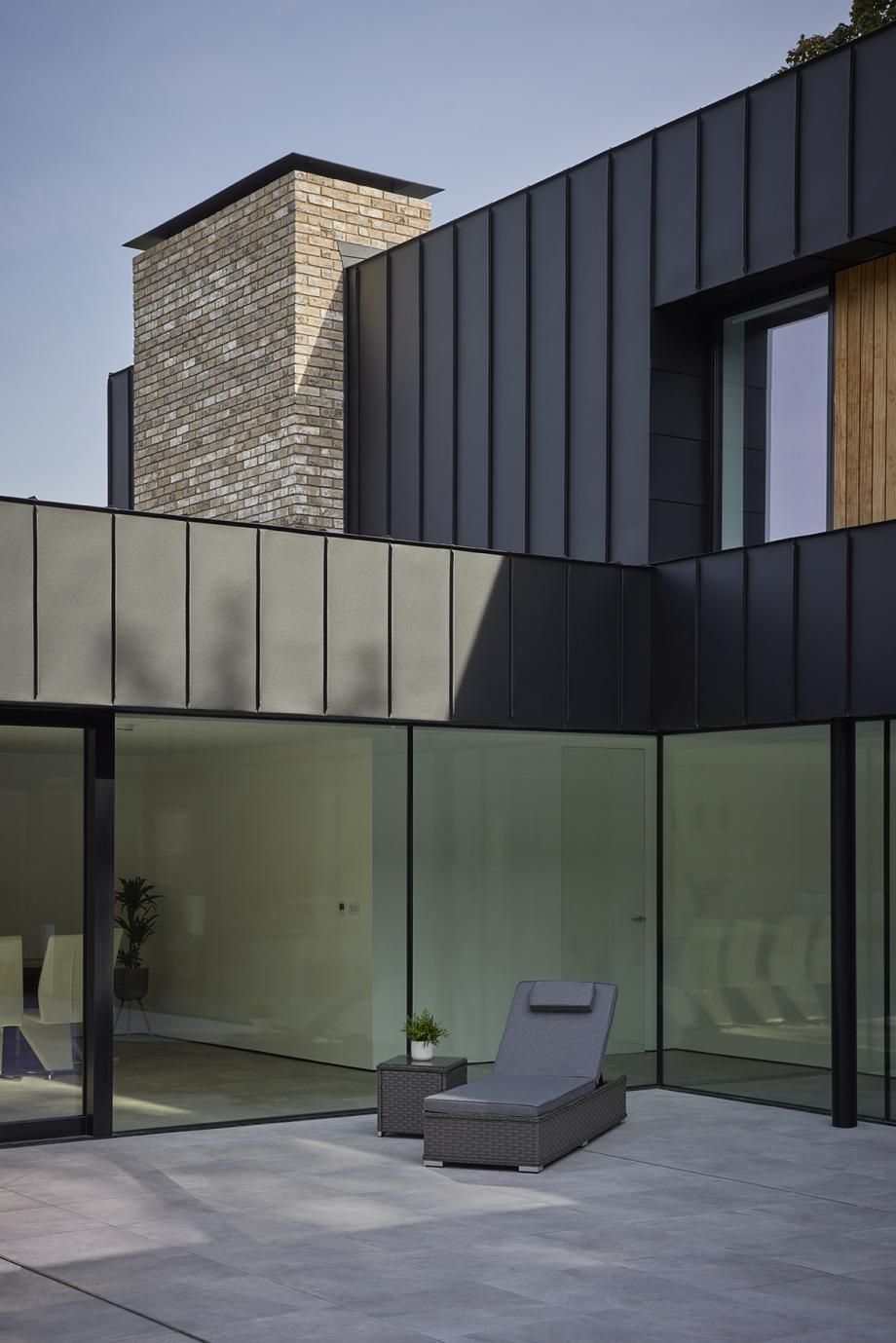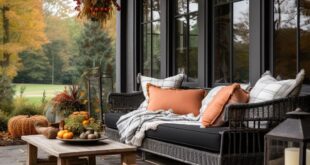
An extended family house is a type of housing that accommodates multiple generations living under one roof. This can include grandparents, parents, and children all residing together in one home. These households often value the importance of family unity and support, as well as cost-sharing and shared responsibilities. Extended family houses can provide economic benefits as expenses such as rent, utilities, and groceries are divided among the members of the household. Culturally, extended family living has been common in many societies as a way to preserve family traditions, pass down values, and provide care for elders. Despite the benefits, challenges such as privacy concerns, conflicting personalities, and differing lifestyles can arise. However, with effective communication, compromise, and respect, extended family houses can be a source of love, support, and community for all members involved.
Extended Family House, also known as multi-generational living, is becoming increasingly popular as families seek to support and care for one another in a communal setting. This living arrangement typically involves multiple generations, such as grandparents, parents, and children, living together under one roof. There are numerous benefits to living in an extended family house, including increased familial support and closeness. By sharing a home, family members can provide emotional, physical, and financial support to one another, creating a strong sense of unity and cohesion within the family unit.
One significant advantage of extended family living is the ability to pool resources and share expenses. By combining incomes and sharing living expenses, families can save money on housing costs, utilities, and other household expenses. This can be particularly beneficial in today’s economy, where the cost of living continues to rise. Additionally, living in close proximity allows family members to share chores, childcare responsibilities, and other household tasks, further reducing the burden on any one individual.
Another key benefit of extended family living is the opportunity for increased socialization and companionship. When multiple generations live together, family members have the chance to interact daily, fostering strong bonds and creating lasting memories. This can be especially important for children, who benefit from the wisdom and guidance of older generations. Grandparents, in particular, play a valuable role in the lives of their grandchildren, providing love, support, and a unique perspective on life. Extended family living offers the opportunity for family members to strengthen their relationships and create a supportive, nurturing environment for all involved.
Overall, extended family living offers a variety of advantages that can greatly enhance the well-being and quality of life for all family members. From financial savings and increased socialization to emotional support and companionship, multi-generational living can provide a sense of security and fulfillment that is difficult to achieve in other living arrangements. As families continue to navigate the challenges of modern life, the extended family house is becoming an increasingly popular option for those seeking to build strong, lasting connections with their loved ones.
 home decor trends
home decor trends



